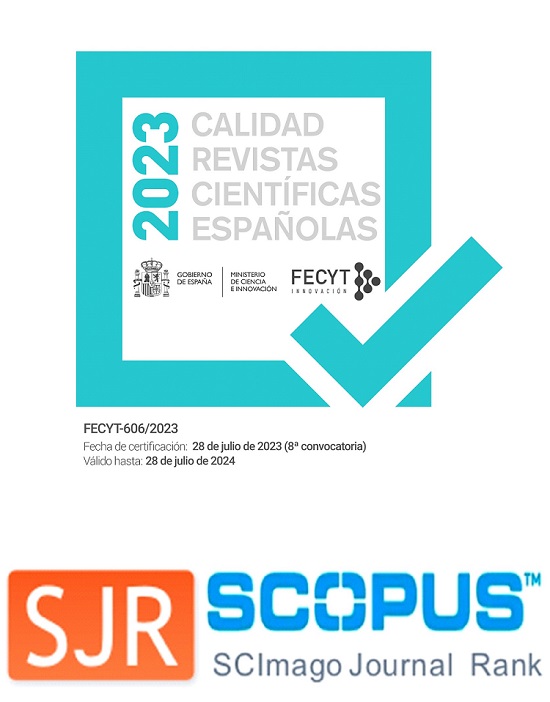The problem inherent to the identification of the runaway defect in the redhibitory action of ius commune privatum castellano-indiano
Keywords:
Servus fugitivus, Redhibitory action, Slaves, Runaway slave, Real Audiencia de QuitoAbstract
This study addresses the problem inherent to the identification and determination of the runaway slave defect within the scope of the redhibitory action in the ius commune privatum castellano-indiano. In effect, the tendency to scape in the slave was considered a redhibitory defect from the Roman Law, which, however, was motivated by internal psychic factors and hidden in the servus, which made its identification difficult and verification if the seller, in the case that he had known about this trend, he would not have said it at the time the respective sale took effect. Thus, after some initial reflections on the vitium of the servus fugitivus and the doctrinal debate about its identification in Roman Law, the study looks at how the regulation of the defect in question in the Siete Partidas was received, and how it was subsequently interpreted under the Castilian doctrine. In this context, will follow the analysis a redhibitory trial that was carried out at the end of the XVIII century within the territory of the Real Audiencia of Quito in which the identification of the aforementioned defect was based only on the witness statements presented by the parties, not always determinative because of the subjective nature of the perception given by them of the reality of the events that occurred.
Downloads
Downloads
Published
How to Cite
Issue
Section
License
Creative Commons Reconocimiento-NoComercial-SinObraDerivada 4.0 España (CC BY-NC-ND 4.0 ES)



